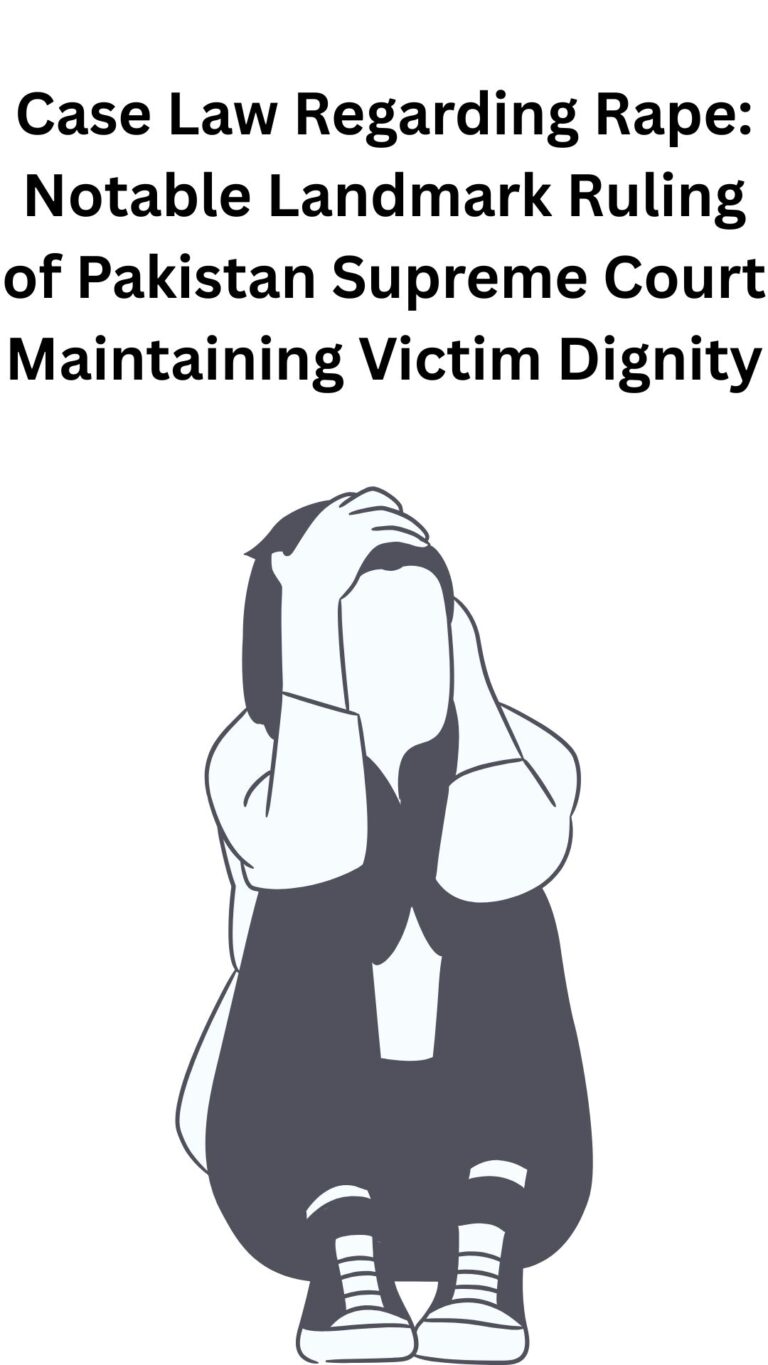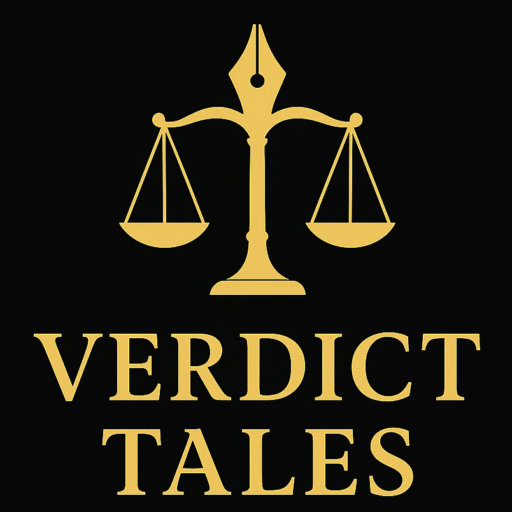Once the Supreme Court of Pakistan outlawed unscientific tests and supported DNA evidence, rape case legislation changed. Find how this decision safeguards victims.
A Harrowing Crime Shifting Legal History
20-year-old Saadia Rani departed Kotli Sattian for Rawalpindi with friend Hameed Abbasi on a pleasant August day in 2012. When some men stopped them, their trip became a horror. Saadia was left devastated after being forcefully kidnapped and violently attacked. She reported the crime, naming her attackers, with relentless bravery. Reaching the Supreme Court of Pakistan, this case (Criminal Appeal No. 251/2020) changed rape case legislation and established victim rights and evidentiary criteria precedent.
Legal Battle Strategy: Rape Case Law
Saadia named five attackers, but only three—Sher Baz Khan, Atif Zareef, and Nafees Ahmad—faced trial. The prosecution put forward:
- The continuous and thorough testimony of Saadia.
- The abduction as told by Hameed Abbasi.
- Medical and DNA proof tying Sher Baz and Atif to the crime.
All three were convicted by the trial court to death; the Lahore High Court lowered this to life in prison. Later reviewing the matter, the Supreme Court concentrated on:
- The value of victim evidence.
- The dependability of forensic proof.
- Unconstitutional application of virginity testing.
Important Legal Ideas in Rape Case Law
1. Victim Testimony Is Fundamental
The court underlined that if a rape victim’s story is consistent and convincing, withstands cross-examination, or is corroborated by supporting evidence (e.g., DNA), then it holds great weight.
“A survivor’s trauma cuts deeper than physical wounds,” the judges said.
2. Investigative Evidence in Forensic Science
DNA matches for Sher Baz and Atif confirmed their guilt. The court declared DNA the “gold standard” in rape cases, discounting antiquated techniques such as the two-finger test.
3. Value of Uncertainty Safeguards the Innocent
Nafees Ahmad was cleared since no DNA evidence linked him to the crime. Later on, Saadia named him again without saying why.
The judge decided: “Doubt must favor the accused.”
Why the Court Forbade Virginity Testing
The defense sought to undermine Saadia by means of bogus “virginity tests.” Declining this, the Supreme Court said:
- No scientific basis: The state of the hymen does not prove consent.
- Violates dignity: Covered under Articles 4 and 14 of Pakistan’s Constitution.
- Global criteria: Matches WHO recommendations against such tests.
This historic decision guarantees that future rulings center on consent rather than victim-blaming.
DNA evidence plus testimony supported the life sentence upheld by the Supreme Court for Sher Baz Khan and Atif Zareef.
Nafees Ahmad: Acquitted—there was no evidence.
Greater Reforms:
- Police directed to capture two escaped suspects.
- Courts banned from weighing a victim’s sexual past.
Important Lessons from This Rape Case Law Ruling
✔ Believe survivors: Strong cases derive from consistent victim testimony plus DNA.
✔ Science above stigma: Older tests lack validity and infringe on rights.
✔ Justice must be fair: Acquittal in cases where evidence falls short protects the innocent.
See more on victims’ rights in Pakistan.
FAQ: Important Information You Should Know
Q: Why did Nafees Ahmad get cleared?
A: Delayed identification and no DNA match bred legitimate uncertainty.
Q: What is wrong with testing virginity?
A: It is irrelevant in proving rape, unscientific, and biased.
Q: In what way will this decision benefit future victims?
A: It stresses forensic evidence and victim testimony while forbidding character attacks.
Alt Text Suggested for Pictures:
- “Supreme Court gavel symbolizing justice in rape case law”
- “DNA test vial highlighting forensic evidence in rape trials”
Outbound Link: WHO Guidelines on Virginity Testing




